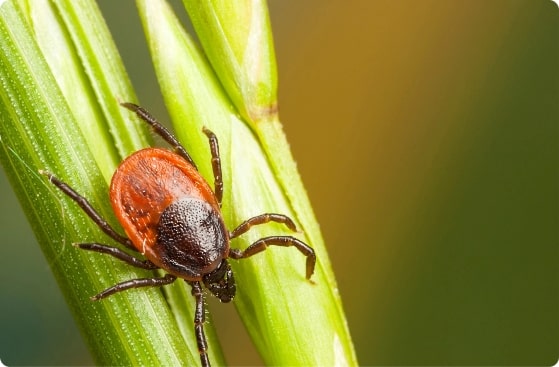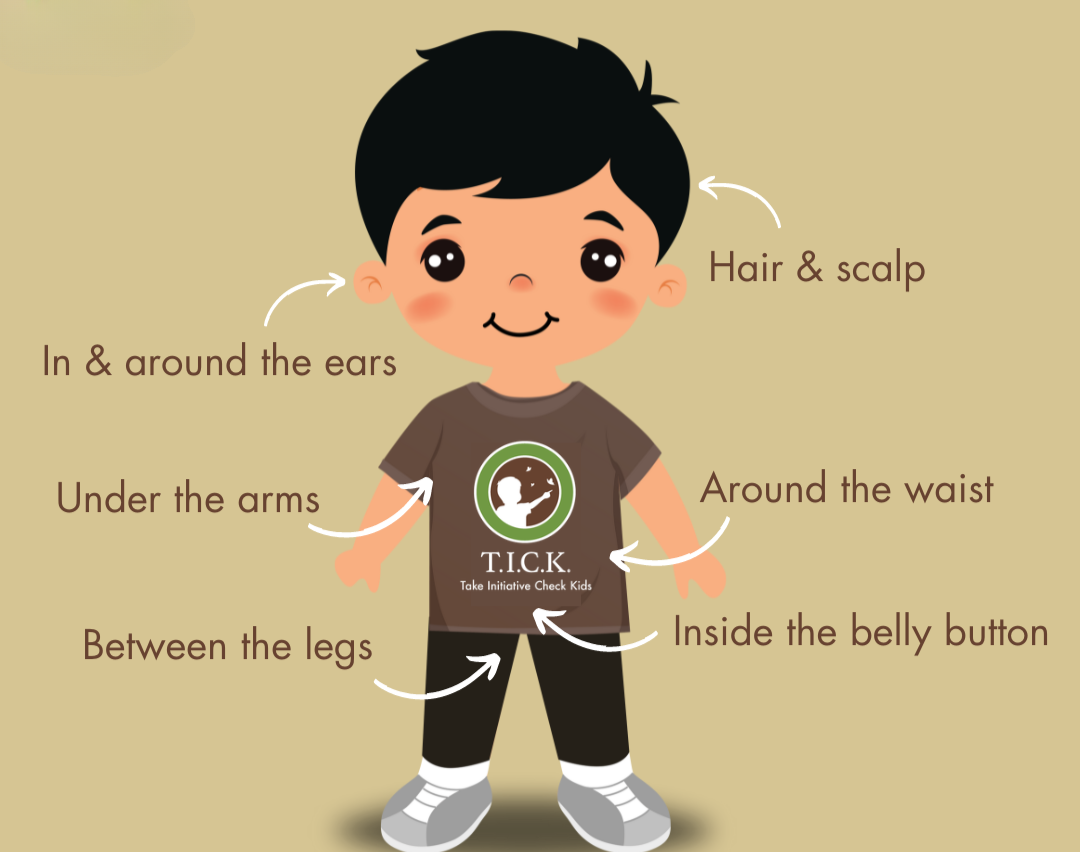


Regular tick treatments for your yard do a lot to keep ticks off your property, but these little buggers are persistent. In fact, they really are genetic wonders — they’re resilient to starvation and tolerant of temperature extremes, and they live a relatively long time. But that doesn’t mean we want them to stick around.
Luckily, regular tick checks and a few easy property safeguards, in addition to regular spraying, go a long way. And if you’re headed into “ticky” areas, use a tick repellent and stay in the center of the trail.
We’ll handle the regular tick treatments for your yard, but tick prevention is a true team effort. Here are some things you can do to safeguard your property.
Ticks LOVE to hide out in tall grass, so don’t give them the option.
See above! Another favorite hiding place for ticks.
We love it, too, but unfortunately, so do ticks.
Shaded wood can get soggy and invite ticks.
Wood chips or small rocks create a barrier against ticks.
Lavender, lemon balm and rosemary smell great to us, but ticks hate them.
Until the ground is frozen solid, ticks are around. We recommend giving kids daily tick checks — just work it into your bath-time routine, especially during the spring and fall. (This goes for you, too!) We also recommend checking your child before they come inside if they’ve been playing in the woods or a high-density tick area, like a neighbor’s hayfield.

Ticks are tiny and can be hard to spot: Adult ticks are about the size of an apple seed, while nymphs are about the size of a poppy seed. So break out those reading glasses! If a tick hasn’t attached itself, a lint roller will get it off. If it has, you’re going to need a pair of fine-point tweezers to do the job. (Disinfect them with rubbing alcohol before use.)
NOTE: You can follow the same steps above for pets, but it can be a little trickier, since ticks can be hard to see in their fur. And since your pet is more likely to squirm and wiggle (or maybe not!), we recommend wearing rubber gloves. Not a bad idea with the kids, too.
